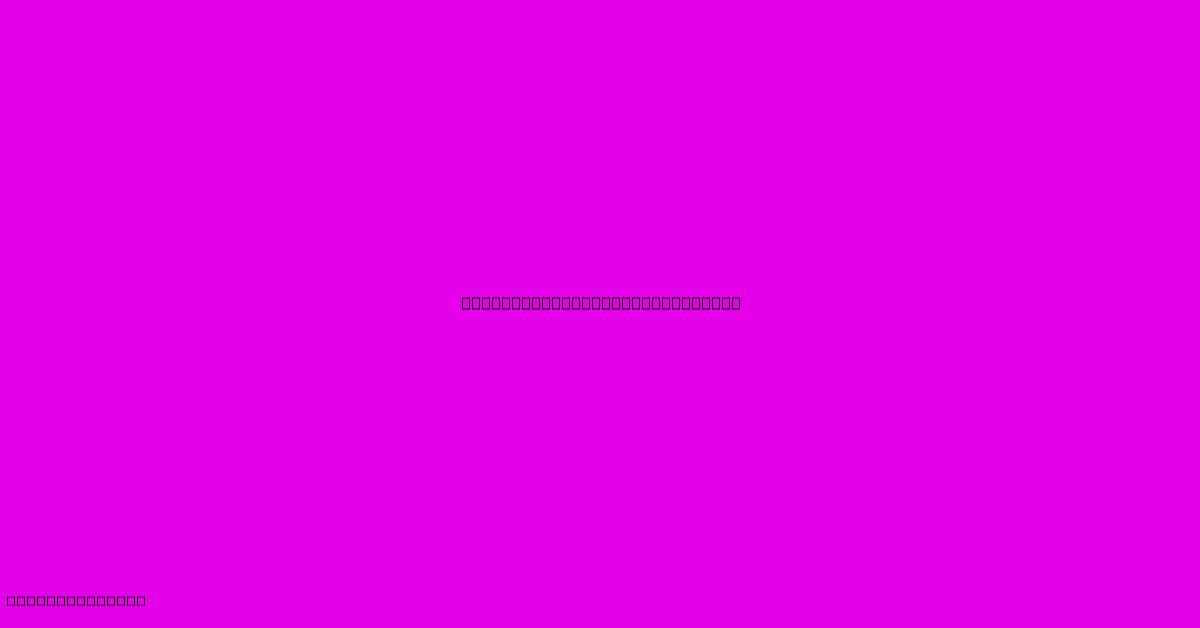Health Technology Management

Discover more detailed and exciting information on our website. Click the link below to start your adventure: Visit Best Website mr.cleine.com. Don't miss out!
Table of Contents
Navigating the Complexities of Health Technology Management: A Comprehensive Guide
Health technology management (HTM) is a critical field encompassing the planning, acquisition, implementation, maintenance, and disposal of medical devices and information systems within healthcare organizations. It's a multifaceted discipline requiring a blend of technical expertise, managerial skills, and a deep understanding of healthcare operations. This article will explore the key aspects of HTM, highlighting its challenges and future trends.
What is Health Technology Management?
HTM goes beyond simply purchasing and maintaining equipment. It's a strategic function aimed at optimizing the use of technology to improve patient care, enhance operational efficiency, and ensure regulatory compliance. Key responsibilities include:
- Strategic Planning: Assessing the organization's technology needs, developing a long-term technology plan, and aligning technology investments with strategic goals.
- Acquisition and Procurement: Selecting appropriate technologies, negotiating contracts, and managing the procurement process to ensure cost-effectiveness and quality.
- Implementation and Integration: Integrating new technologies into existing systems, providing training to staff, and ensuring seamless workflow integration.
- Maintenance and Repair: Establishing maintenance schedules, performing preventative maintenance, managing repairs, and ensuring equipment is functioning optimally.
- Asset Management: Tracking and managing the lifecycle of medical equipment, including inventory control, depreciation calculations, and disposal of obsolete equipment.
- Regulatory Compliance: Ensuring compliance with relevant regulations and safety standards, including HIPAA, FDA guidelines, and other applicable laws.
- Biomedical Engineering: Many HTM professionals have a background in biomedical engineering, applying engineering principles to the maintenance and repair of medical devices.
- Data Analytics and Reporting: Utilizing data to track equipment performance, identify trends, and make data-driven decisions related to technology investments and maintenance.
The Challenges of Effective Health Technology Management
Effective HTM faces numerous challenges:
- Rapid Technological Advancements: The healthcare technology landscape is constantly evolving, requiring HTM professionals to stay abreast of the latest innovations and adapt to rapid changes.
- Budgetary Constraints: Healthcare organizations often operate under tight budgets, necessitating careful planning and prioritization of technology investments.
- Integration Complexity: Integrating new technologies into existing systems can be complex and time-consuming, requiring careful planning and coordination.
- Cybersecurity Threats: The increasing reliance on digital technologies increases the risk of cybersecurity breaches, requiring robust security measures.
- Staff Training and Development: Ensuring that healthcare staff are adequately trained on new technologies is crucial for successful implementation and safe operation.
- Regulatory Compliance: Navigating the complex web of regulatory requirements can be challenging and requires continuous monitoring.
- Data Management: The volume of data generated by medical devices and information systems is constantly increasing, requiring effective data management strategies.
Future Trends in Health Technology Management
Several trends are shaping the future of HTM:
- Artificial Intelligence (AI) and Machine Learning (ML): AI and ML are being increasingly used to improve diagnostic accuracy, personalize treatment, and optimize healthcare operations.
- Internet of Medical Things (IoMT): The proliferation of connected medical devices creates opportunities for remote monitoring, predictive maintenance, and improved patient care.
- Telemedicine and Remote Patient Monitoring: Telemedicine is expanding access to care and allowing for remote monitoring of patients' vital signs.
- Big Data Analytics: Analyzing large datasets can identify trends, predict equipment failures, and improve healthcare outcomes.
- Cloud Computing: Cloud-based solutions offer scalability, cost-effectiveness, and improved data security.
- Cybersecurity Enhancement: With increasing reliance on connected devices, heightened cybersecurity protocols and expertise are paramount.
Conclusion:
Health technology management is a critical function in modern healthcare. By effectively managing medical technology, healthcare organizations can improve patient care, enhance operational efficiency, and ensure regulatory compliance. As technology continues to evolve, HTM professionals will play an increasingly important role in shaping the future of healthcare. The ability to adapt, innovate, and manage the complexities of this rapidly changing field will be key to success.

Thank you for visiting our website wich cover about Health Technology Management. We hope the information provided has been useful to you. Feel free to contact us if you have any questions or need further assistance. See you next time and dont miss to bookmark.
Featured Posts
-
Economist Technology Quarterly
Jan 01, 2025
-
Meudon V Ux 2025 De Denis Larghero
Jan 01, 2025
-
10m Jewel Theft London Mansion Burglary
Jan 01, 2025
-
Berlin Teilausfall Der Wasserversorgung
Jan 01, 2025
-
Technology Can Help Governments Handle Economic Emergencies Such As
Jan 01, 2025
